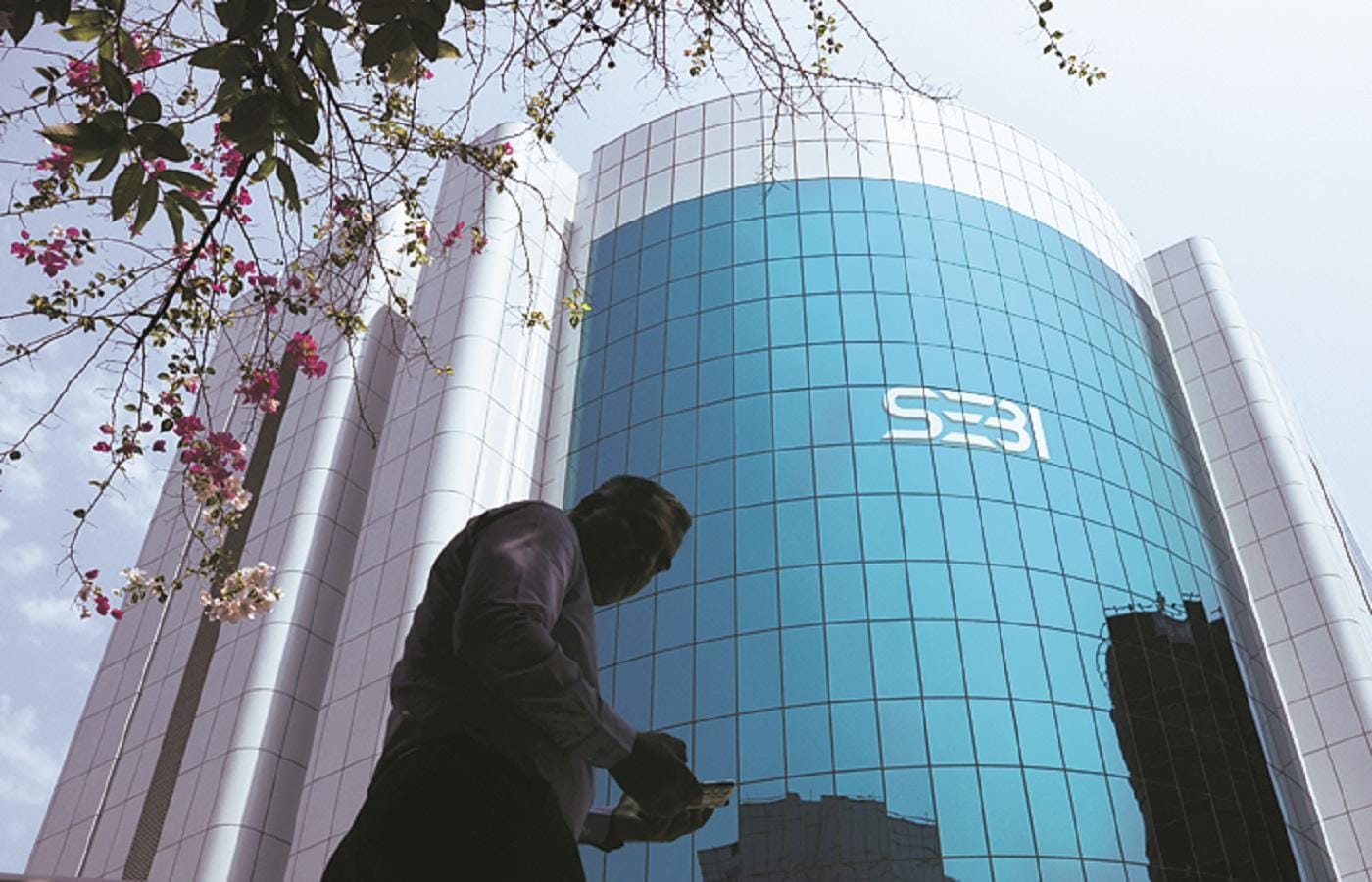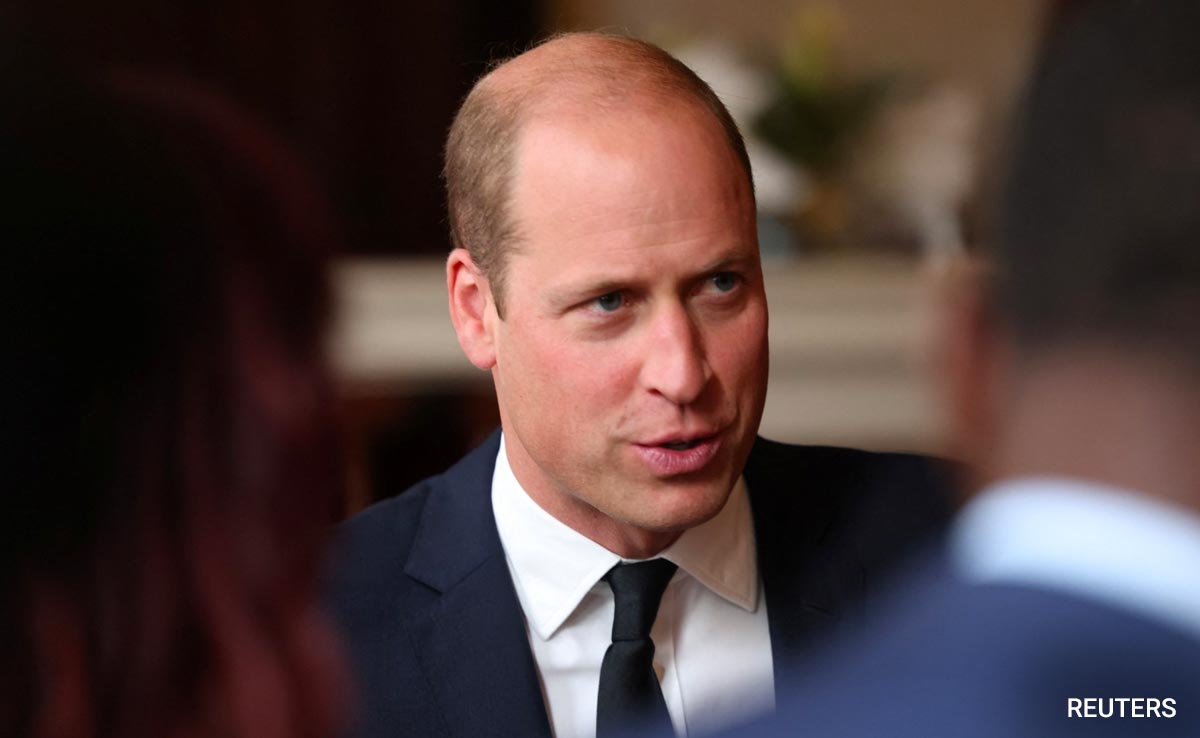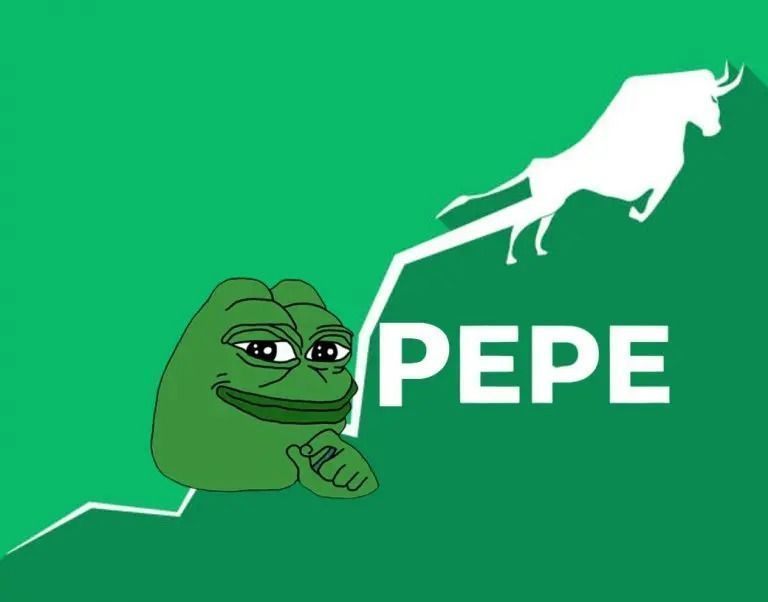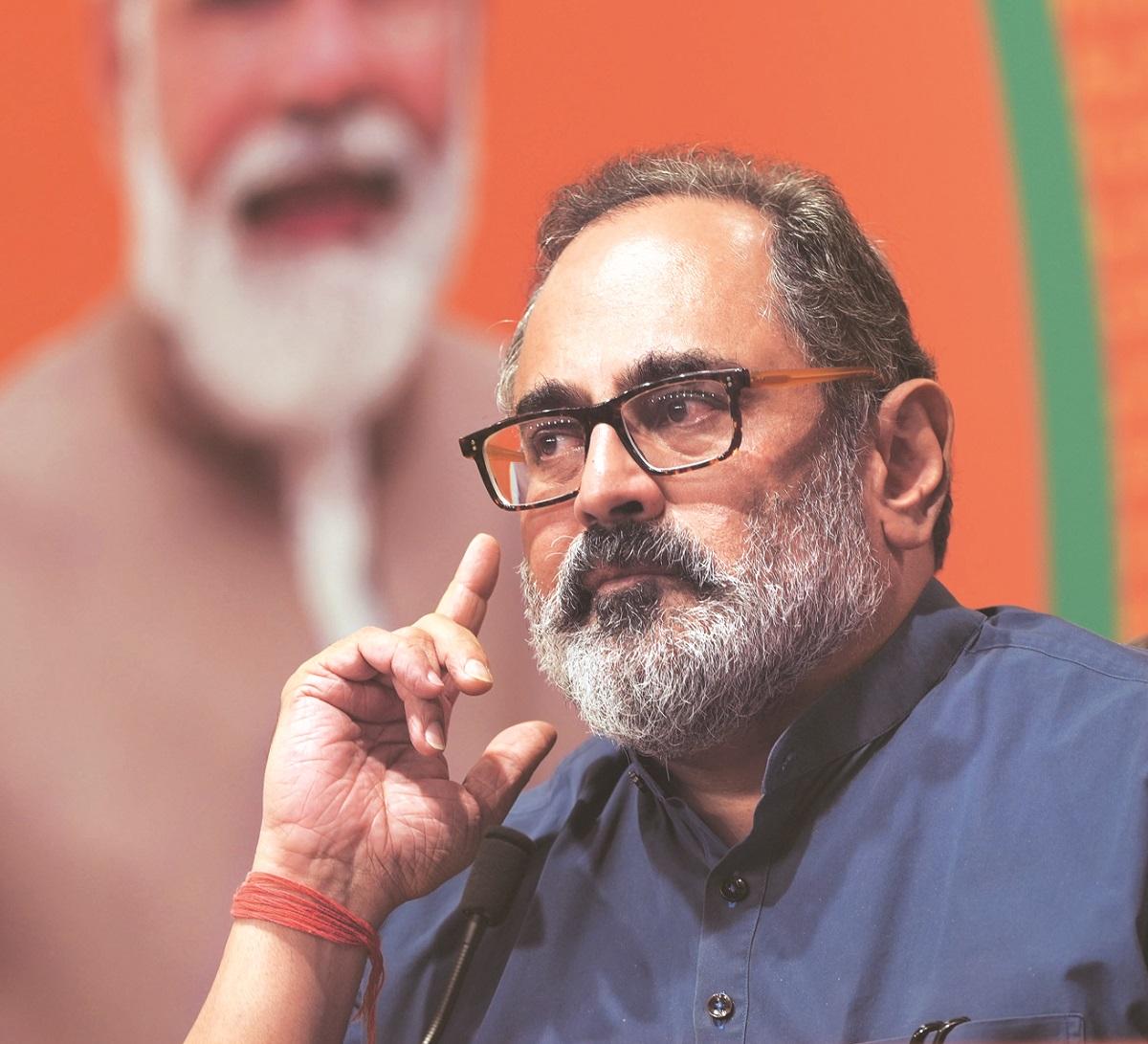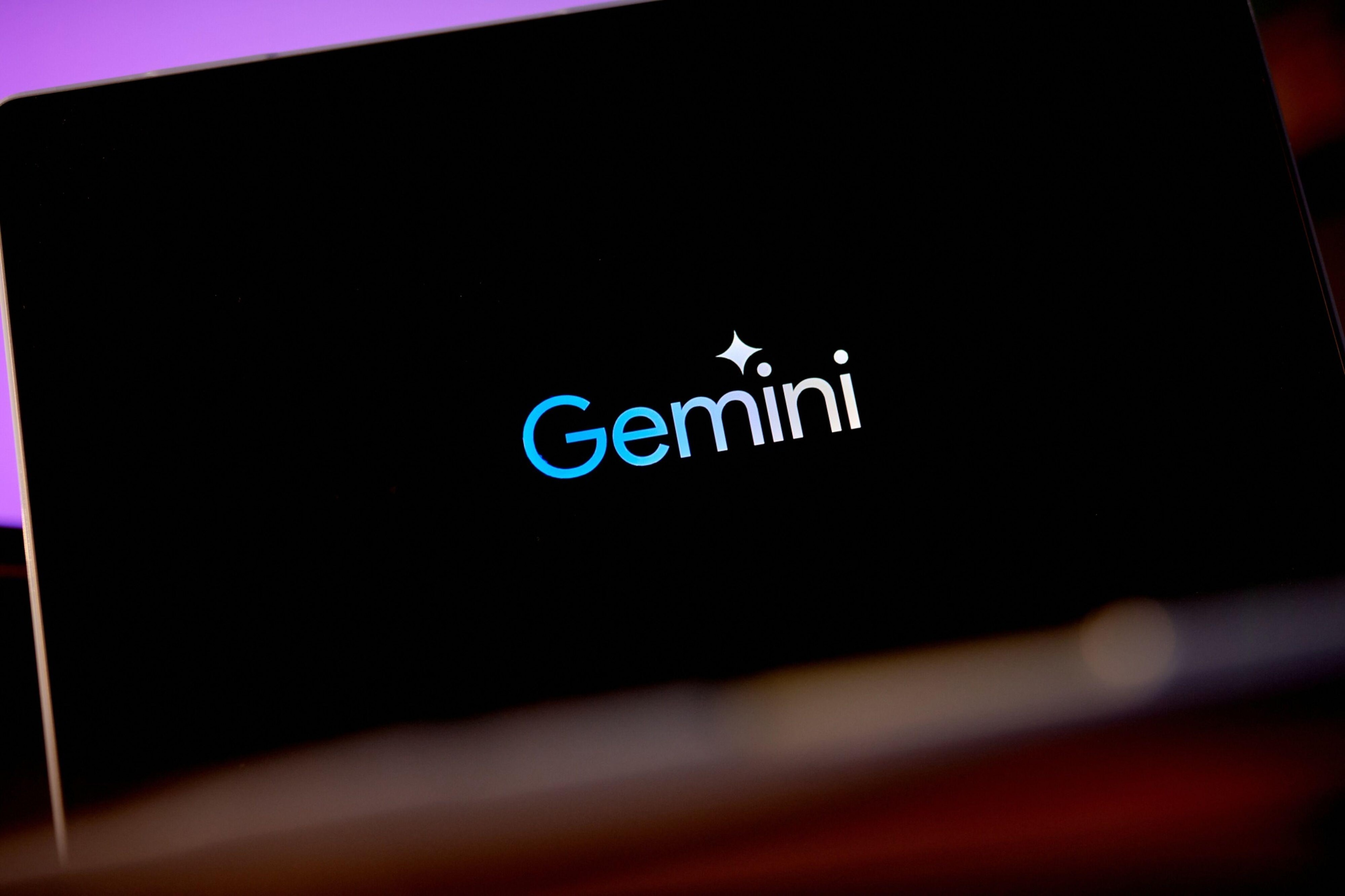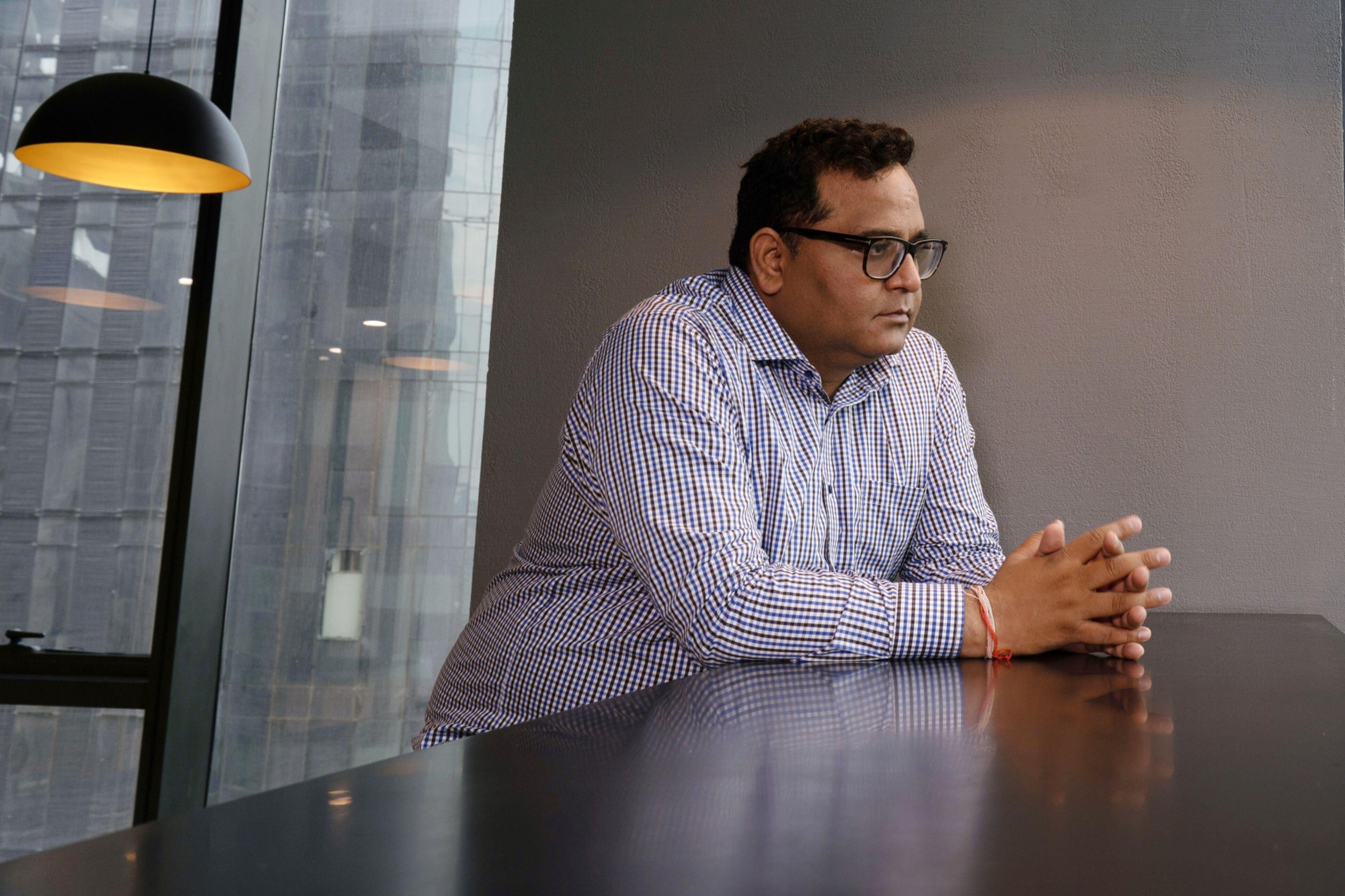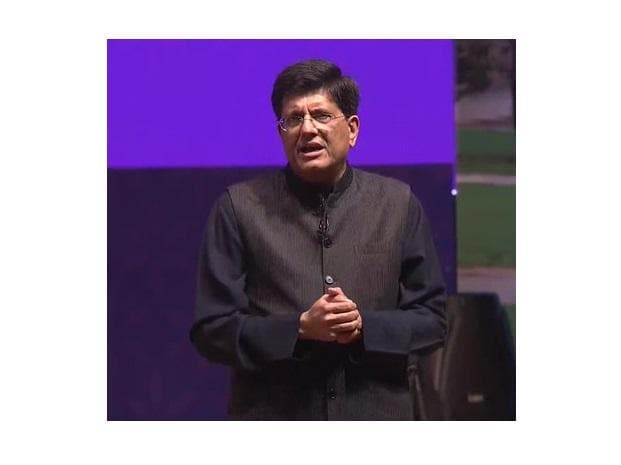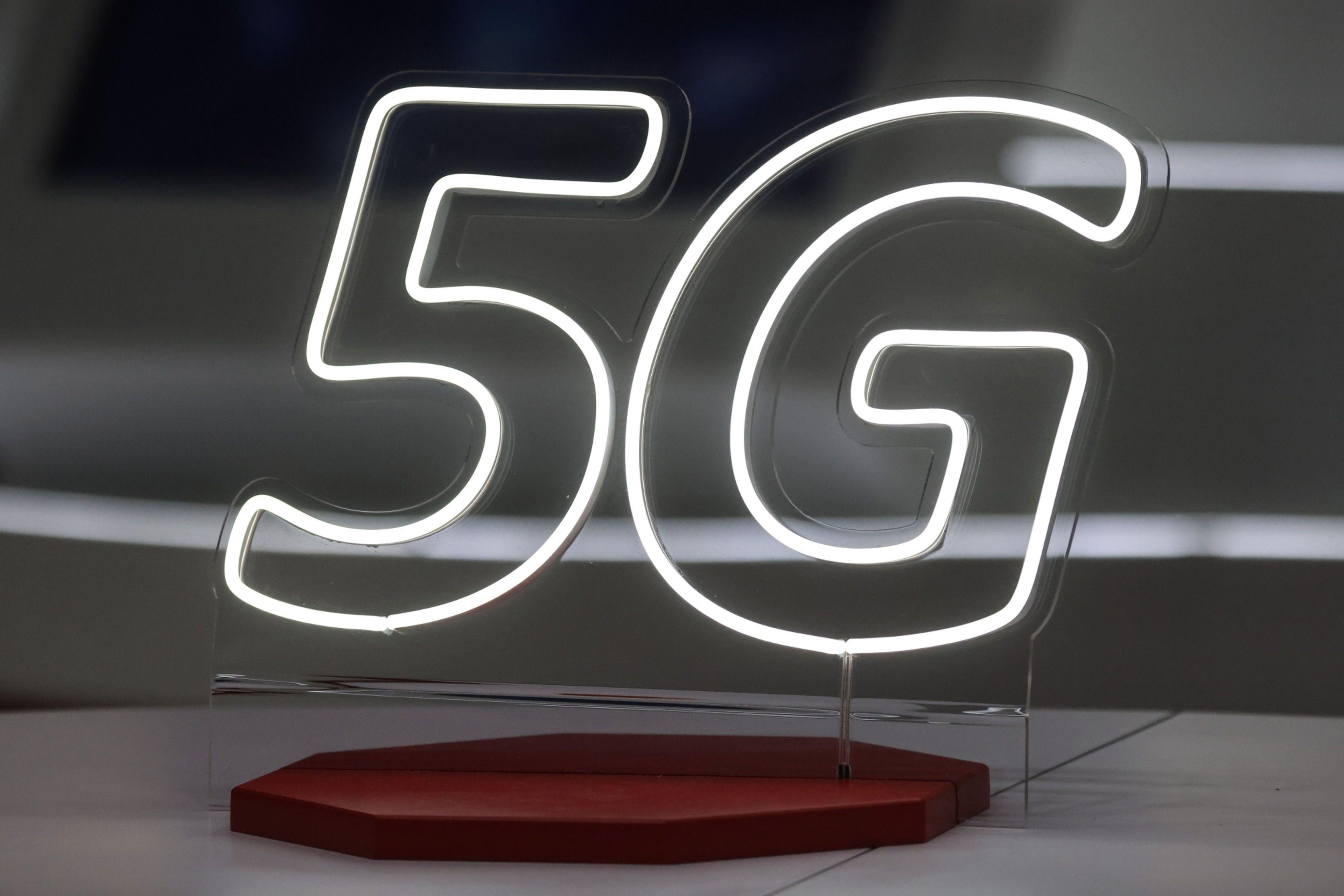
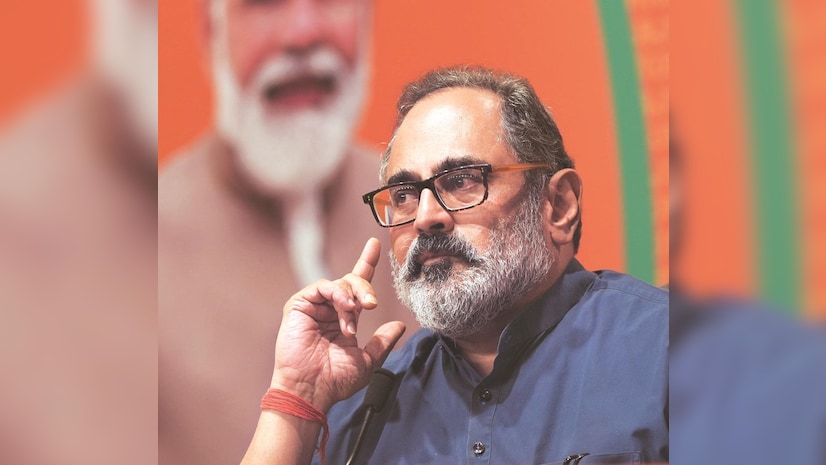
Rajeev Chandrasekhar, Union Minister of State for Electronics and IT
The capacity will be created by the public sector and separately in collaboration with private companies. “Our aim is to create an enabling framework of AI compute capacity. We will also be creating what we think will be globally the largest and most diverse set of datasets that will be available for our research and start-up ecosystem,” said Chandrasekhar at the Global Partnership on Artificial Intelligence (GPAI) summit in Delhi.
Indian companies are working on AI but access to powerful computing capacity is limiting, he said, adding the country will restrict access to its datasets to trusted models.
“One of the things that we will end up doing through a policy framework and legal framework is restricting access to Indian data. Only those models that are trusted and are safe will get access to it. We have seen in the last four or five years that unrestricted access to data in democratic countries has been misused by certain countries…we are putting a brake on it,” he said.
In the next six to nine months, there should be an agreement among like-minded countries of the world about the basic principles around building blocks and ground rules for AI. “This process has started from Hiroshima, Bletchley, GPAI and culminates in South Korea. This is not abstract conversations…this has to be a global process and must have maximum participation. And this cannot wait — there has to be an urgency to this,” said Chandrasekhar, who was part of a panel discussion with ministers from the United Kingdom and Japan.
First Published: Dec 13 2023 | 1:40 PM IST
